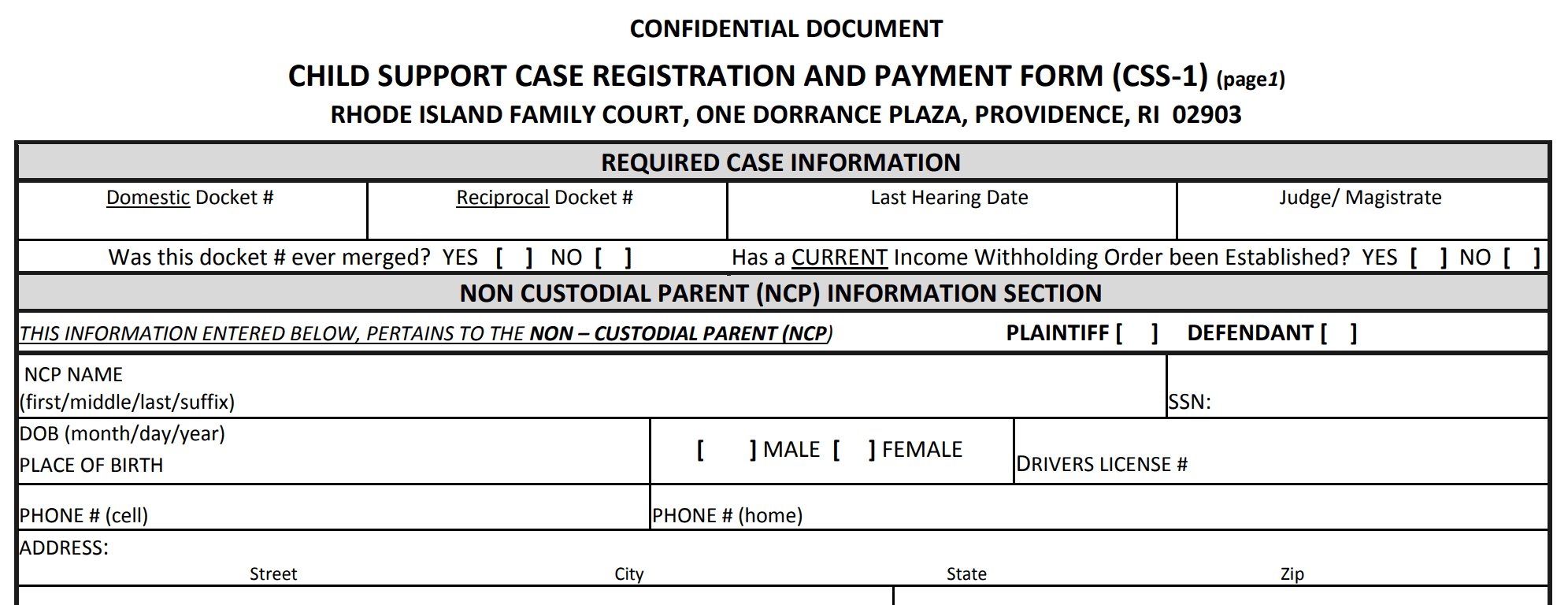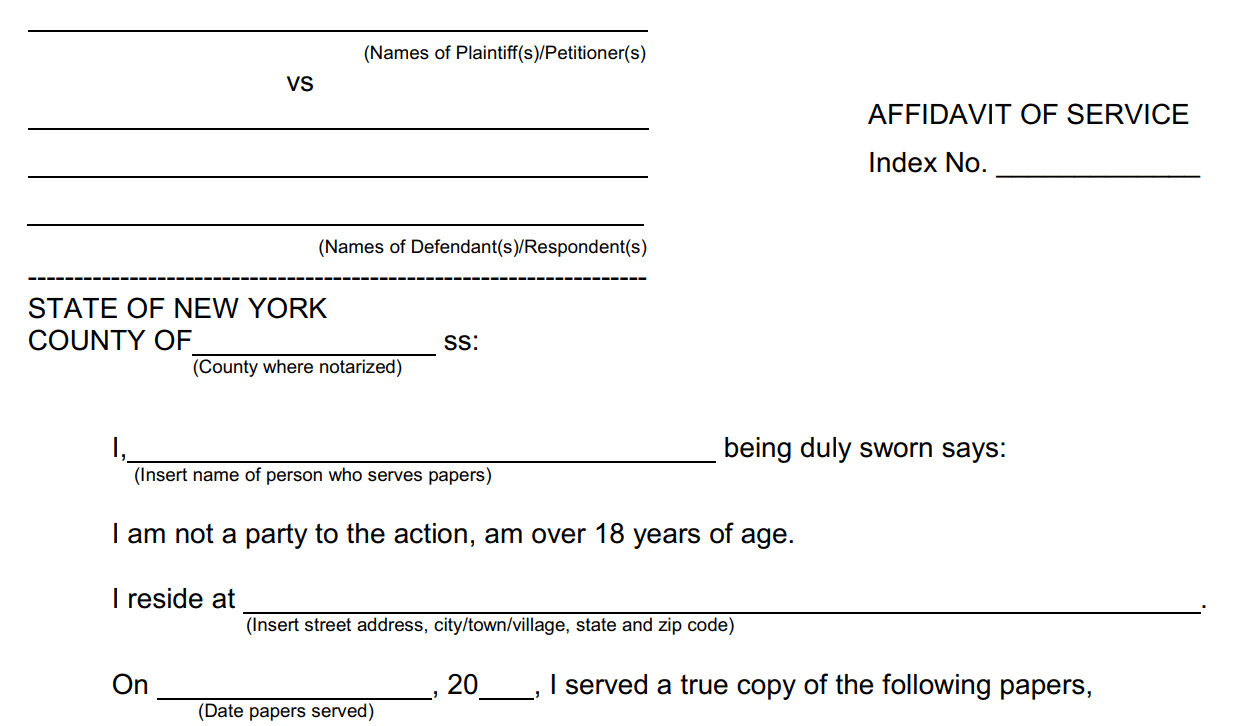Serving Child Support Papers: Who Serves & More
Serving papers to the other person in your child support case is a necessary step in the legal process. A custodial parent or a guardian usually opens the case. Then, child support papers are served to a noncustodial parent or another custodial parent. The person who is served becomes the respondent or defendant in the case. The person who opened the case is called the applicant or petitioner.
Be aware that there are slightly different child support rules in each U.S. state.
Who serves child support papers?
The person who opens the case generally isn't permitted to serve child support papers but must instead ask someone not involved in the case to do so. The server must be at least 18 years old and can't be related to anyone in the case.
In certain situations, though, the applicant may be allowed to serve — for example, if the respondent signs a form agreeing to waive their right to formal service.
Usually, your surest option for serving is to hire a sheriff's office or a professional process server. Paying their fee can be worth it because you know they'll serve correctly. However, there's often no barrier to having papers served by an ordinary person, like a friend.
Does a sheriff serve child support papers?
Most sheriff's offices in the U.S. serve child support papers. Contact the office that oversees the respondent's county. You'll need to fill out a form and pay a fee (usually no more than $50).
The sheriff (or, more likely, a sheriff's deputy) will go to the address you provide and try to hand the papers to the respondent. They can also help locate a respondent whose whereabouts are unknown, though this may cost extra.
Should I use a professional process server?
Relying on the sheriff's department can drag a child support case if the department is too busy. Hiring a professional can speed things up, though it's usually your most expensive option.
Process servers are professionals that must have a certification valid in the county where the service takes place (typically the respondent's home).
They are trained to use tools and techniques to find respondents who are avoiding their child support obligations and to serve them legal papers without breaking the law.
Professional process servers typically change between $20 and $100. The price depends on how quickly you need service done and whether you need the respondent located.
How are child support papers served?
Usually, papers must be handed directly to the respondent. This can happen anywhere: at their home, office, etc.
The respondent does not have to agree to accept the papers but should be made aware of what's handed to them.
In some states, child support papers can be served to an adult who lives with the respondent. And sometimes, papers can be served through U.S. mail.

How long does it take to serve child support papers?
Serving documents in family law cases can take anywhere from a few days to more than six months.
Sometimes service takes a long time because of complicated procedures, but delays are usually due to difficulty finding the respondent. That's why it's important to provide as much information about their location as possible.
If you know where the respondent lives, service should only take a few days from when you arrange a server.
The court or child support agency can set a deadline by which the child support papers must be served (or the deadline may be set by law). If you miss the deadline, you might be able to get an extension or you may have to start the case over.
How long do I have to respond to served child support papers?
The papers you're served with should say how long you have to respond. If they don't, call the court or agency listed on the documents and ask for the deadline. If you fail to respond on time, the case can proceed without your involvement.
Unless you claim you're not obligated to support the child (e.g., because you're not their parent), your response will need to include financial information.
Showing evidence that the papers have been served
After the papers have been served, the server must fill out a form as proof. Sometimes they give it to the person who hired them; sometimes they give it to the court or child support agency involved.
Either way, make sure that the proof of service gets filed with your court or agency on time so that your case can proceed.

Avoiding being served child support papers
If the respondent can't be found or is evading service, you can file a motion with the court asking to serve papers via an alternate method.
Often this method is publishing a notice in a newspaper, i.e., service by publication. Or the court may allow you to serve through email, text message or even social media.
In some states, like Georgia and North Carolina, an applicant can ask the child support agency for help finding the respondent.
Technically, avoiding service is not illegal. But it often backfires because it prevents the respondent from getting a say in the case. Your best bet as the respondent is to participate in the case and try to get a fair child support payment.
Getting an accurate child support order
The best way to ensure a fair child support payment is to provide accurate information about your income and your parenting time.
Most states factor parenting time into their child support calculations. Use the Custody X Change app to calculate your time with your child precisely.
Try this with Custody X Change.
Estimating your parenting time can impact your support order by thousands of dollars a year, so make sure your calculation is exact. The number will affect you, your child and the other parent for years to come.
